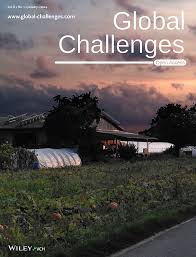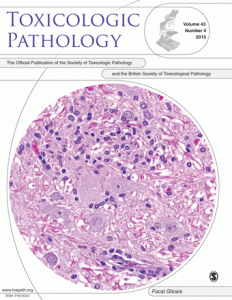Here’s a tale of a paper retracted because other articles published years later seemed to plagiarize it – and its unhappy authors, whose behavior the journal says hints at paper mill activity.
On January 16 of this year, Maria Zalm, a senior editor at PLOS ONE and team manager for publication ethics, asked the authors of a 2015 paper to respond to concerns about their work – which had been flagged on PubPeer the previous November – by February 6, according to an email seen by Retraction Watch. After some apparent back and forth, Zalm wrote to the authors on March 6 to say the journal had decided to retract the article.
Continue reading Send lawyers, Einstein and Maugham: Authors object to PLOS ONE retraction





